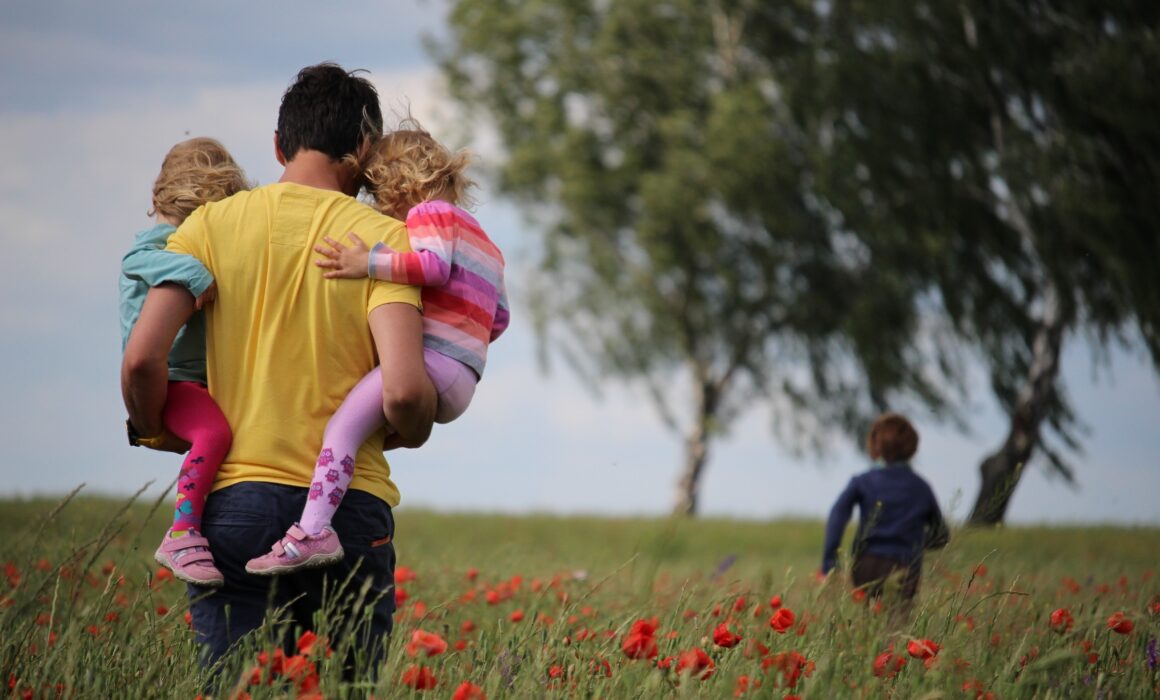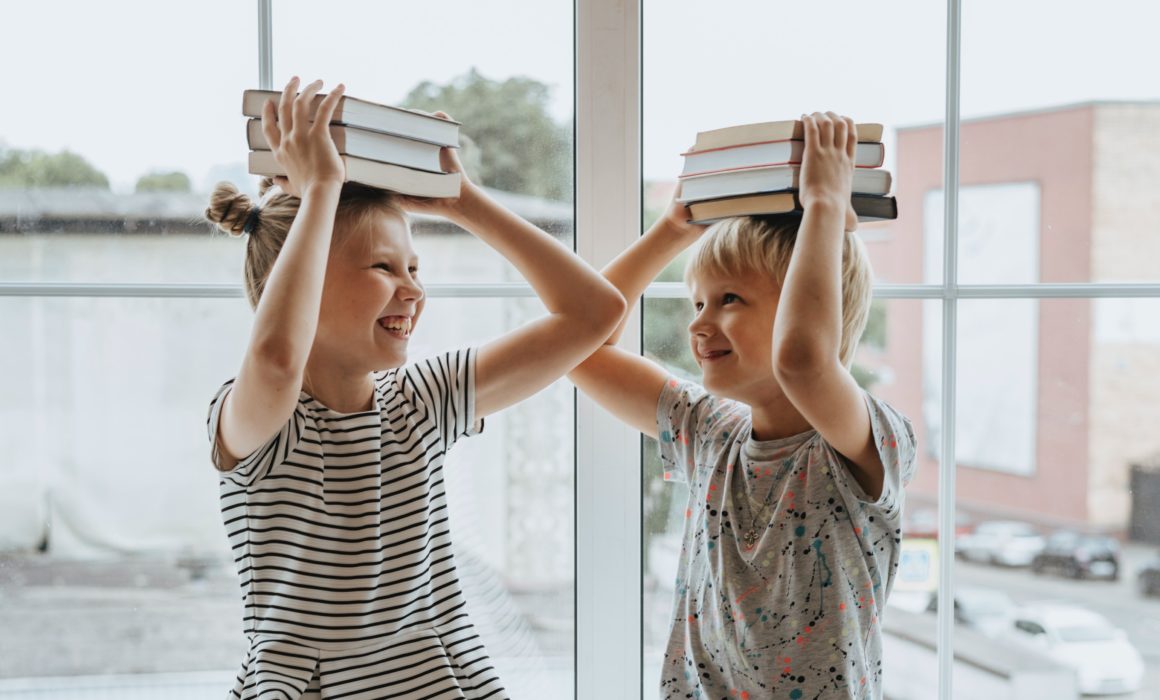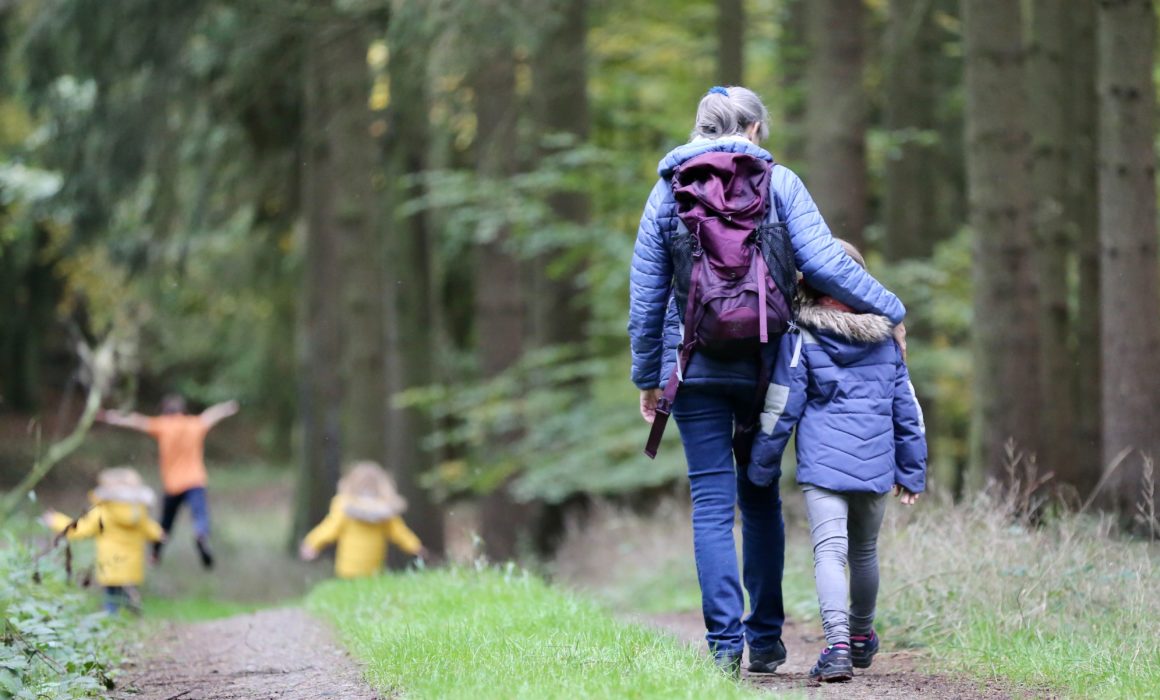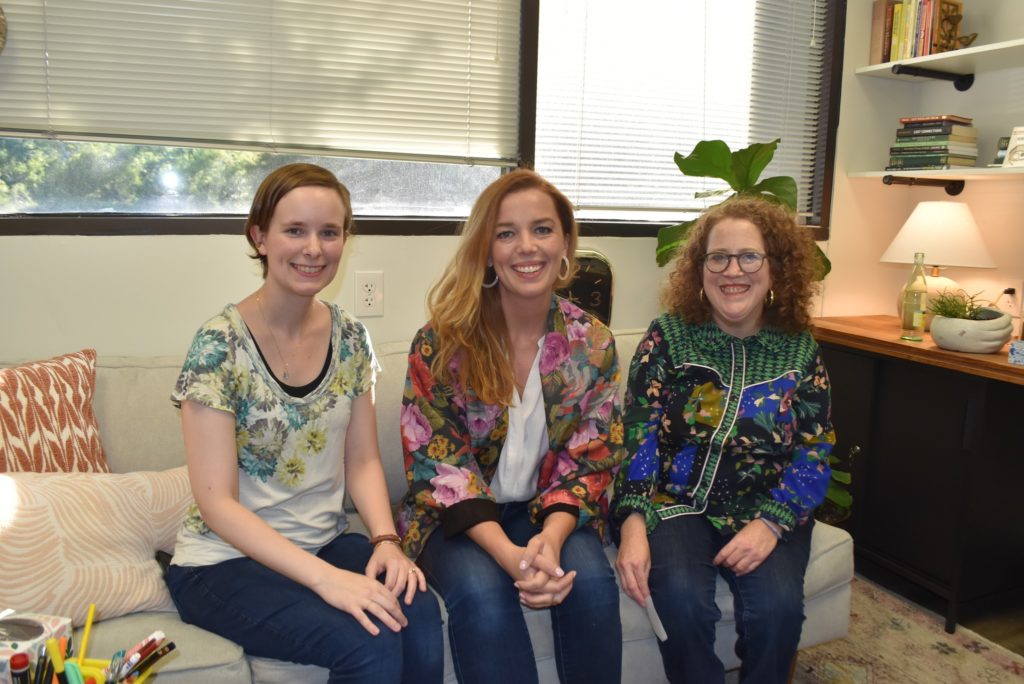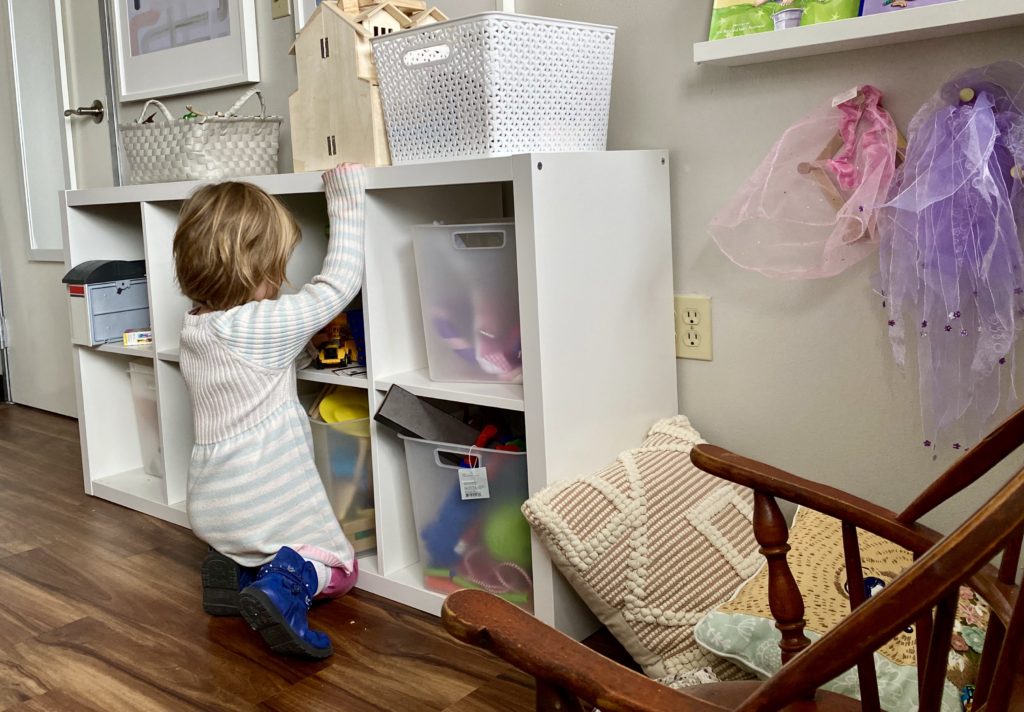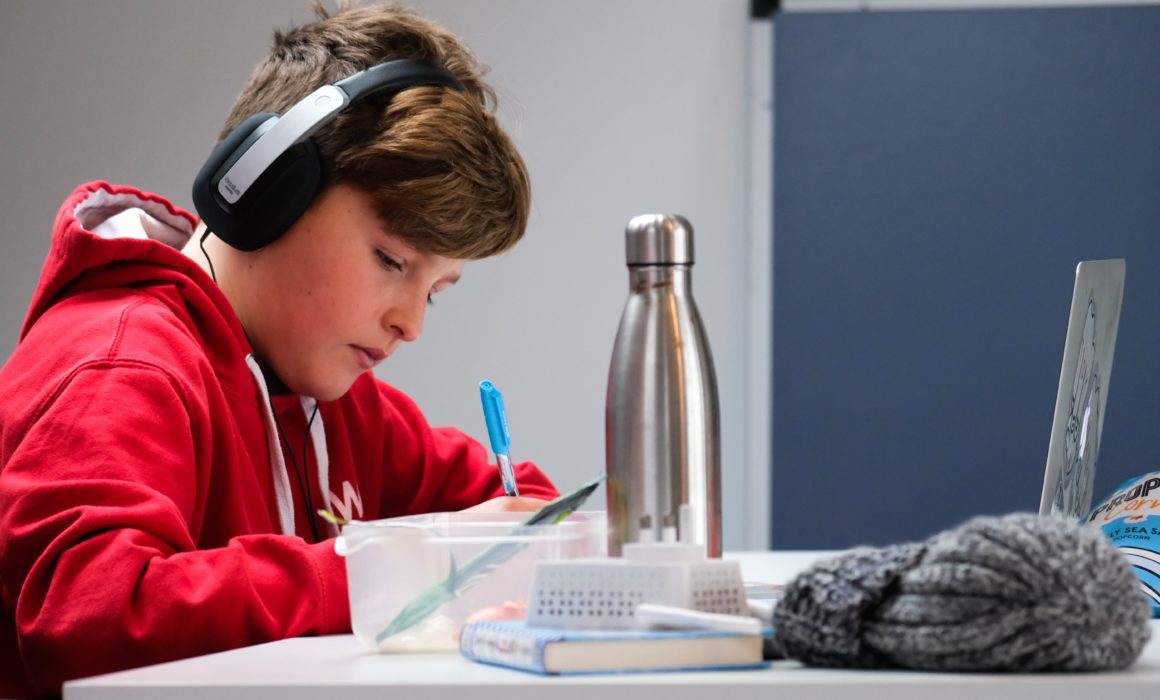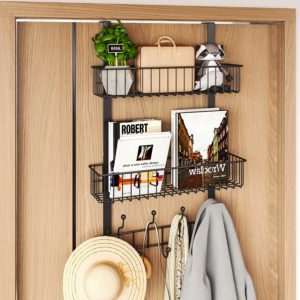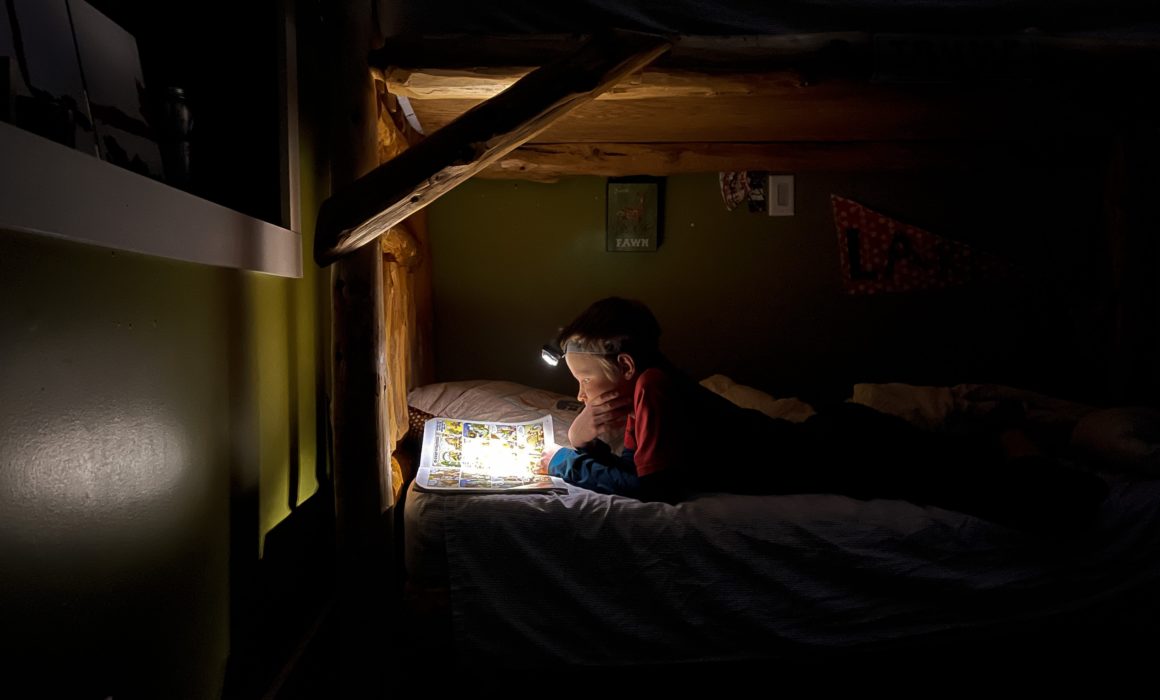ADHD & parenting: when to seek a diagnosis
ADHD is one of those strange things that feels like it’s everywhere…
and it seems like everyone has either a formal or informal diagnosis of ADHD.
This leads many parents to wonder, are these behaviors from my kid “normal to their age” and a stage they will outgrow or is this something that needs to be diagnosed?
Here are some things to consider:
-Has my child always had difficulty with focus, impulsivity or executive functioning tasks?
-Does my child seem emotionally delayed compared to his/her friends?
-Do I (or does my child’s other parent) have an ADHD diagnosis, or would this diagnosis make sense for other family members?
-Does your child have gross motor difficulties (would you call them clumsy or accident prone)?
-Is your child or family going through a time of stress, loss or transition?
-Is there a significant spike in the number of students suggested diagnosis in your child’s class or school?
-Do you have a gut feeling one way or another? As a parent you are the expert on your child and your parent gut is very important and we want to make sure that is given space.
Please reach out if you would like to discuss a possible ADHD diagnosis for your child.
Written by: Kate Miller, LPC





